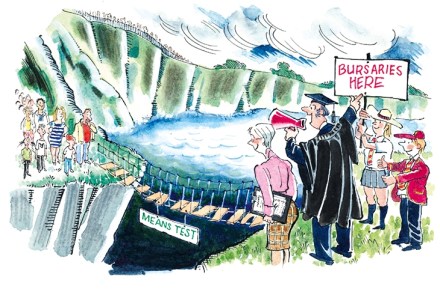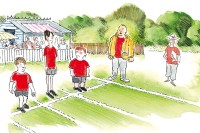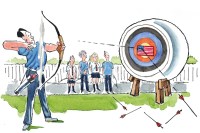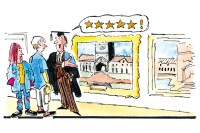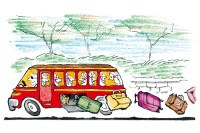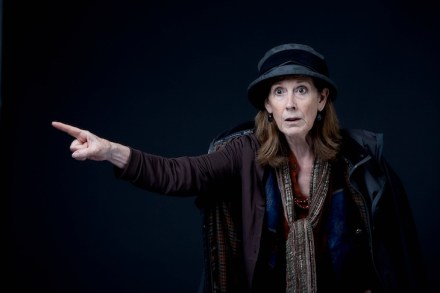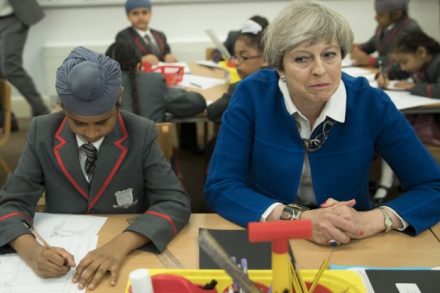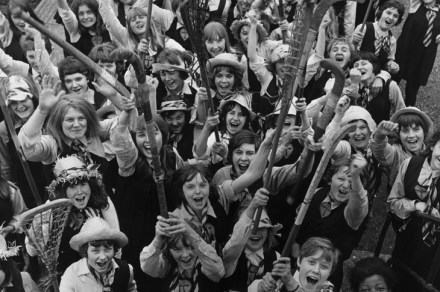Follow the money
In 2007, many of today’s young parents were either graduates or school-leavers testing their skills in their first jobs. They were saving for a mortgage or just enjoying the freedom of being young with few responsibilities. Back then, UK average annual earnings were around £23,765. Now, they are £27,271 — a rise of just under 15 per cent. The average house price in 2007 was £181,383. Today, it’s £215,847 — a rise of more than 19 per cent. Tough on today’s young families, you may think. But the rise in house prices relative to income is nothing compared with the increase in fees for independent schools. As with incomes and
